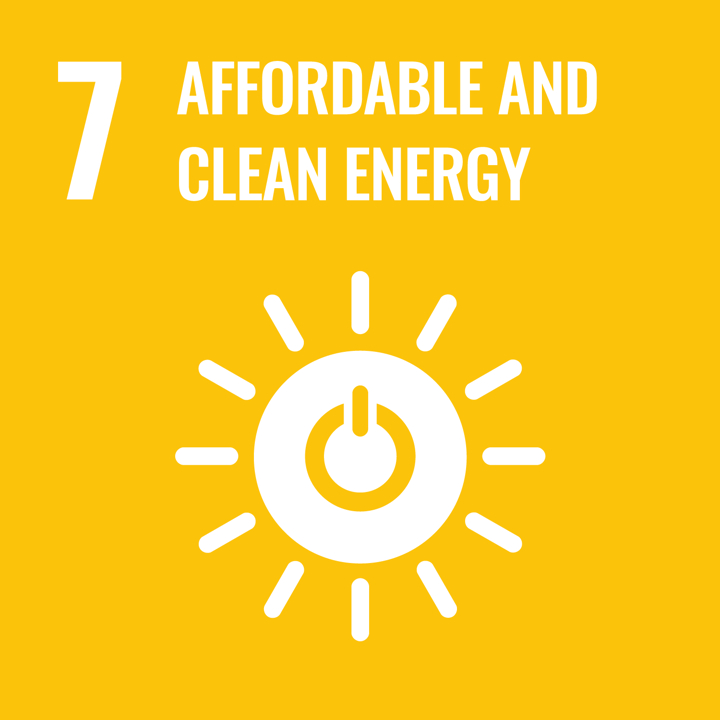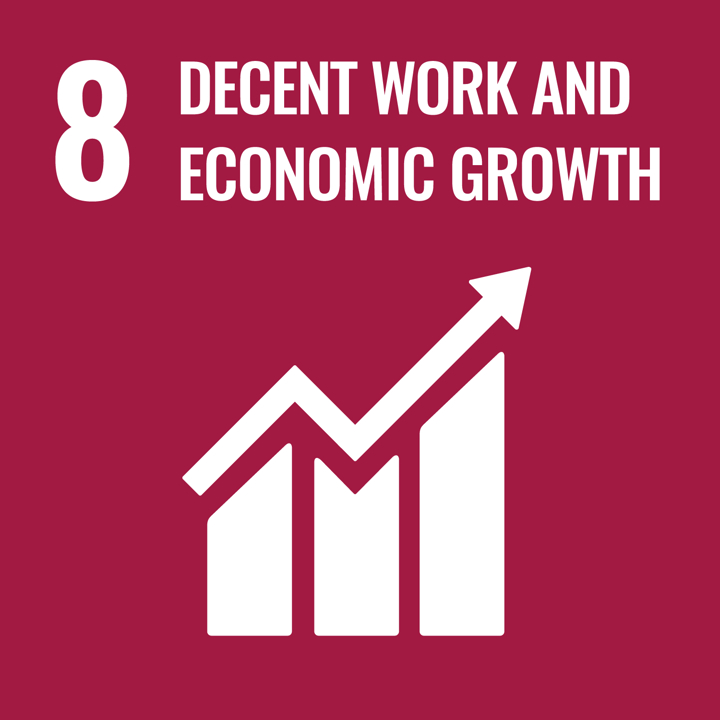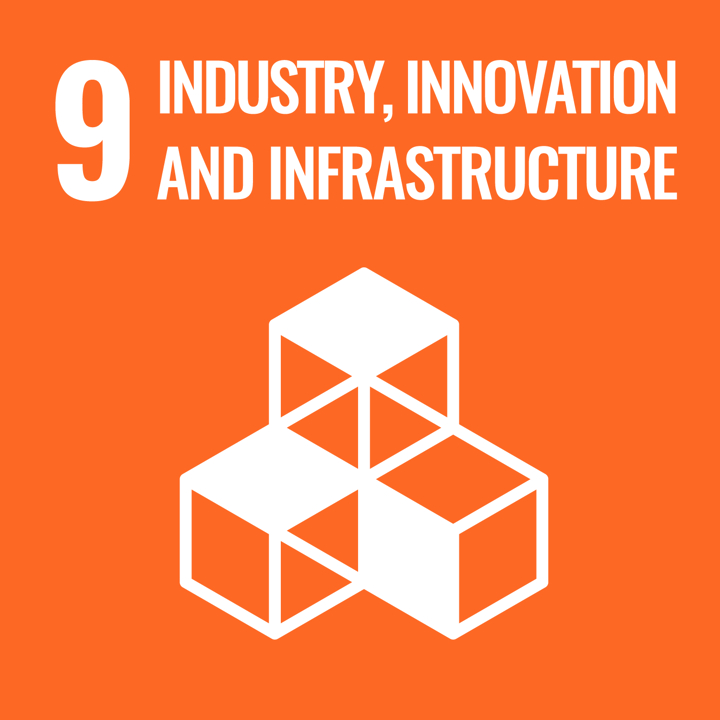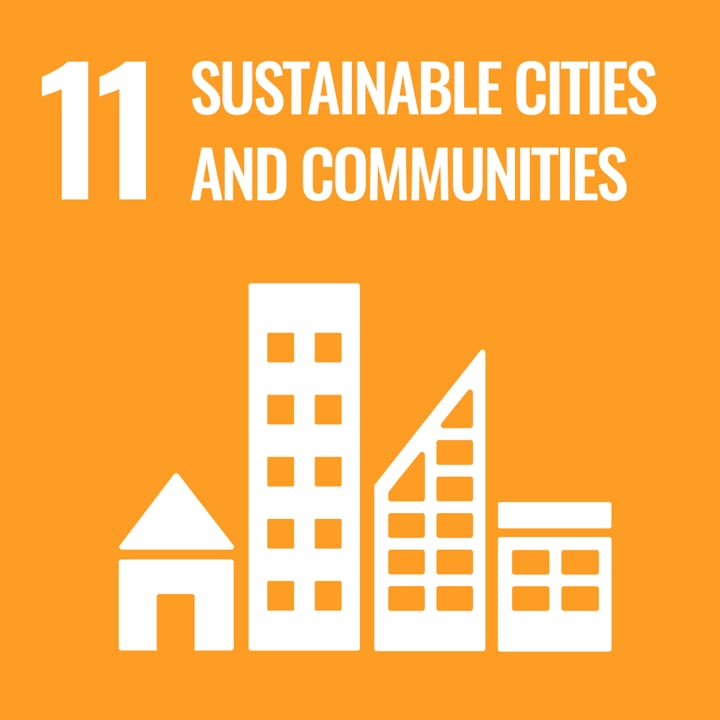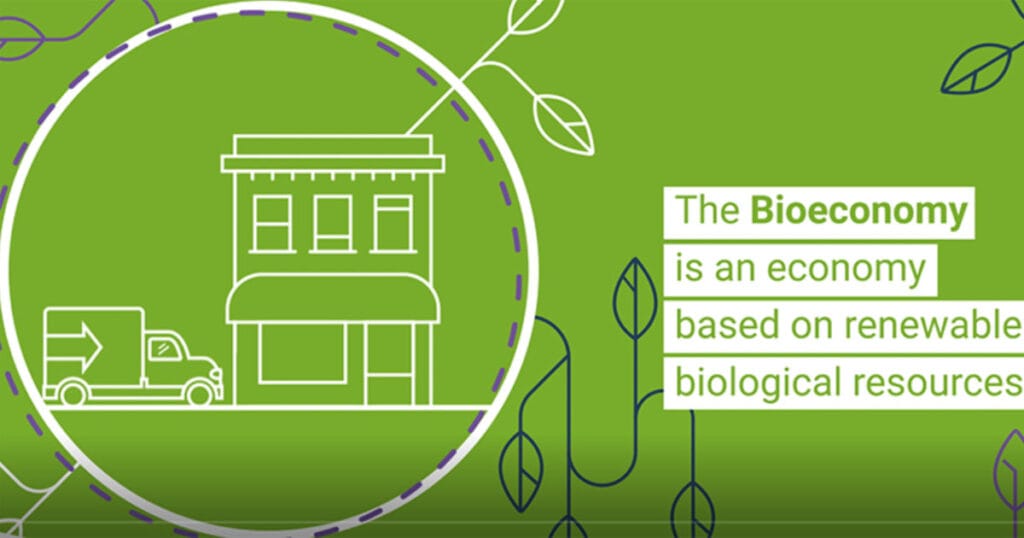
Beoogde eindgebruiker: Leraar
Leeftijdsgroep: Lager secundair onderwijs
Schoolcurriculum: Maths; Science; Social, Physical & Health Education; Social & Environment Science; Languages; Business Studies; Applied Science
Thema's en onderwerpen: Energy Use and Production; Behaviour & Lifestyle; Economics; Futures Thinking; Food and Agriculture
Duur: 3 x lessons, each 45 – 60 min.
Type bron: Case Study, Audio/Video, Lesson Plans, Presentation
Trefwoorden: Bioeconomy, Circular Economy, Sustainable Resource Use, Inquiry-Based Learning, Design Thinking
Talen: Engels
Beschrijving
What is the Bioeconomy? To break it down, the term bio refers to any living thing; while economy means the making and usage of goods and services by those within a country or region. So, the Bioeconomy is an economy based on renewable biological resources. By using living things instead of those that are non-renewable, humans can grow more to replace diminishing reserves.
The three lessons in Pack 1 will introduce these concepts and links to the UN Sustainable Development Goals (SDGs). It will frequently encourage classroom debate to enhance students’ learning. These debates will have accompanying prompts to help highlight the multiple layers, perspectives and dimensions to the Bioeconomy and sustainability.
After these lessons, students will have a critical and informed knowledge base from which they can make sustainable consumer choices; considering economic, environmental and societal impacts to various decisions.
Hoe gebruik je deze bron
These packs are all flexible, and have purposely been created on editable templates for teachers/ educators to adapt to local contexts and the needs/abilities of students.
The pack is multimedia, and uses PowerPoints, print-outs, activity guides and video to encourage meaningful learning. Some activities require outdoor space.
De middelen
Wat is de bio-economie? (PDF):
The THYME Project Teacher Guide to Pack 1: Laying the Foundations provides detailed notes and instruction for teachers to a three-lesson introduction to the Bioeconomy. To accompany this, PowerPoint slides with teacher notes and embedded media content are available to download here:
- Lesson 1: Will we ever run out?
- Lesson 2: What is the Bioeconomy?
- Lesson 3: Is it time to bin the plastic bag?
The full range of resources developed by the THYME Project are available here:
Due to reconstruction of the website of the University of Hull, it might happen that the above-mentioned resources are not available for some time. You can find the resource packs here:
Leerresultaten (Docenten)
- Eliciteren van voorkennis en verder ontwikkelen van kennis en begrip van de belangrijkste concepten van Duurzaam Burgerschap, waarbij gevestigde wereldbeelden en waarden in twijfel worden getrokken.
- een reeks geschikte hulpmiddelen en kaders toepassen om duurzaam burgerschap bij studenten te bevorderen
- Reflecteren op de praktijk en nationale curricula onderzoeken om mogelijkheden te identificeren om Duurzaamheidsburgerschap op interdisciplinaire manieren te bevorderen en samen te werken met externe belanghebbenden.
- Samen de kennis, hulpmiddelen en kaders synthetiseren om onderwijsmateriaal en lesplannen te maken die zijn aangepast aan hun eigen lokale context.
Groene competenties
- Duurzame waarden belichamen: Duurzaamheid waarderen
- Complexiteit omarmen in duurzaamheid: Systeemdenken; kritisch denken; probleemopstelling
- Duurzame toekomstvisies: Toekomstgerichtheid; Aanpassingsvermogen; Onderzoekend denken
Creative Commons
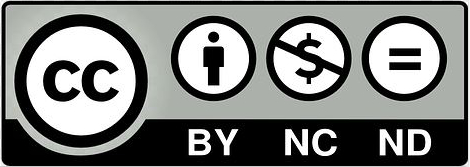
These educational resources were created by the University of Hull’s Energy and Environment Institute, as part of the THYME Project. Researchers worked with school teachers and community organisations to develop activities and lesson plans around Bioeconomy themes and concepts. The multimedia teachers’ resource packs help you introduce the Bioeconomy into your curriculum. They contain lesson plans, worksheets, animation links, written case studies with online resource links, ‘how to’ films and download links for powerpoint presentations as well as careers resources for older students.
SDG's
